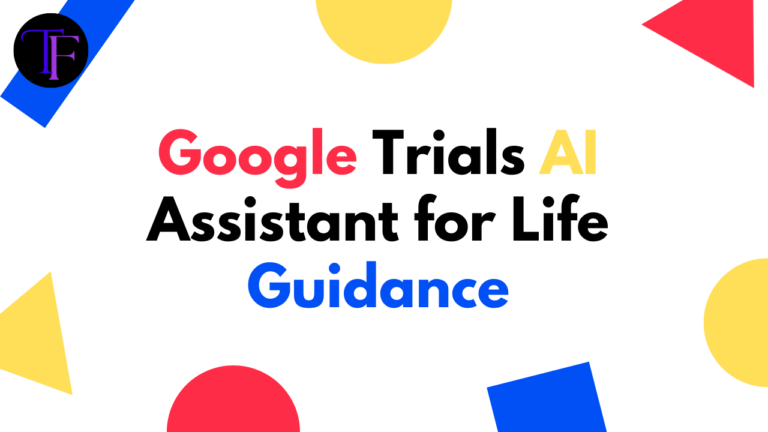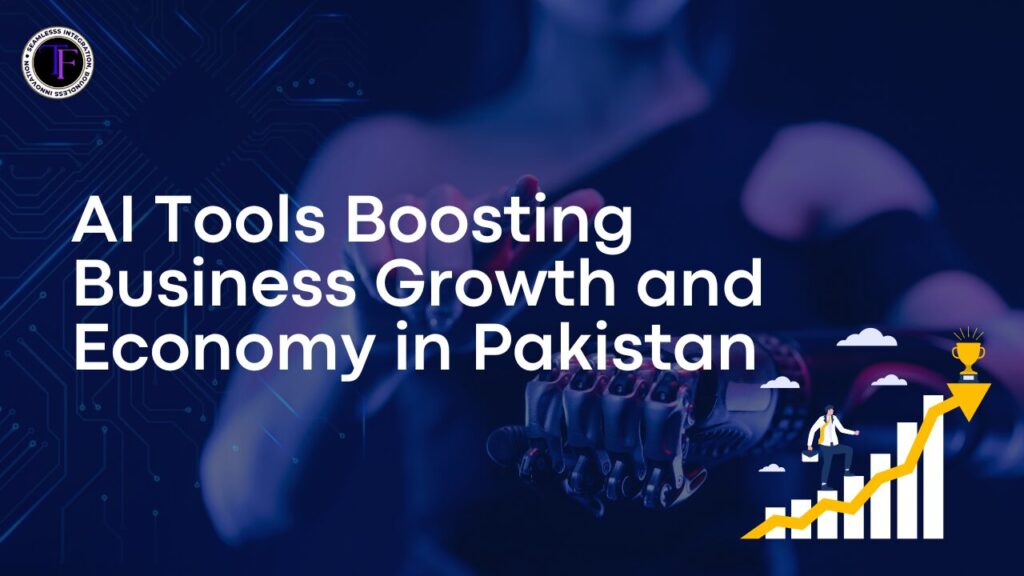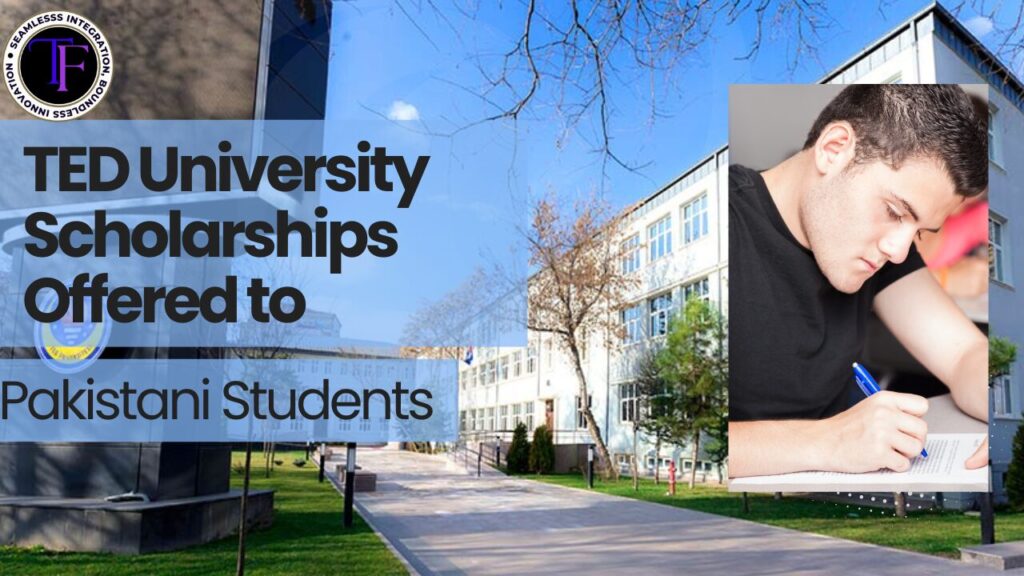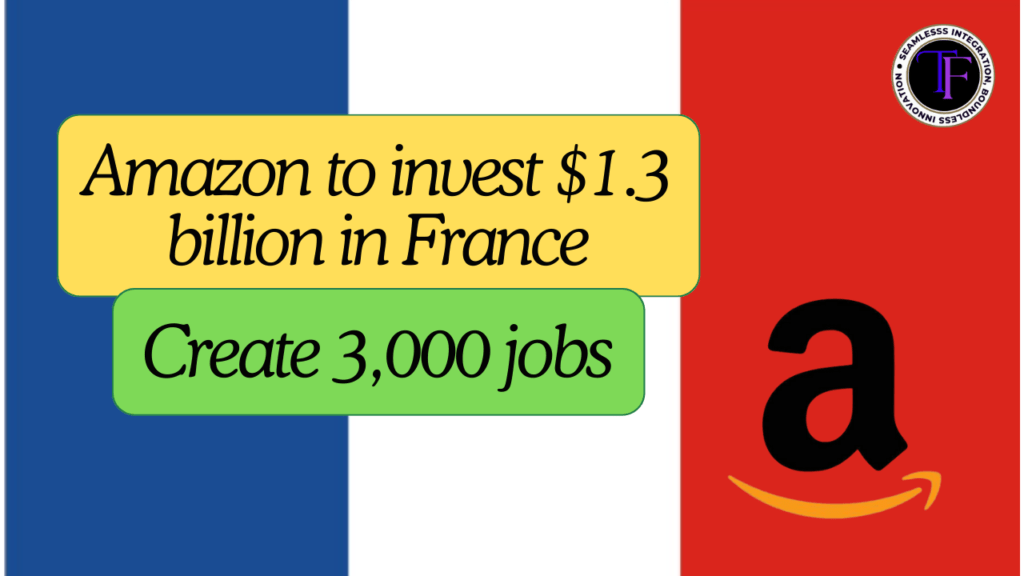The tech massive is evaluating equipment that would use synthetic talent to operate tasks that some of its researchers have said must be avoided. Earlier this year, Google, locked in an accelerating opposition with opponents like Microsoft and OpenAI to strengthen AI technology, used to be looking for methods to put a charge into its synthetic talent research.
So in April, Google merged DeepMind, a lookup lab it had received in London, with Brain, an artificial Genius team it started in Silicon Valley.
Four months later, the blended organizations are testing bold new equipment that ought to flip generative A.I. — the science in the back of chatbots like OpenAI’s ChatGPT and Google’s own Bard — into a private lifestyles coach.
Google DeepMind has been working with generative A.I. to operate at least 21 one-of-a-kind types of non-public and professional tasks, inclusive of tools to give customers existence advice, ideas, planning guidelines, and tutoring tips, in accordance with documents and other materials reviewed by The New York Times.
The challenge was once indicative of the urgency of Google’s effort to propel itself to the front of the A.I. pack and signaled its increasing willingness to have confidence in A.I. systems with sensitive tasks.
The skills additionally marked a shift from Google’s before warning on generative A.I. In a slide deck introduced to executives in December, the company’s A.I. protection specialists had warned of the risks of human beings turning too emotionally attached to chatbots.
Though it was a pioneer in generative A.I., Google was once overshadowed by OpenAI’s release of ChatGPT in November, igniting a race among tech giants and start-ups for primacy in the fast-growing space.
Google has spent the ultimate nine months attempting to demonstrate it can preserve up with OpenAI and its accomplice Microsoft, releasing Bard, enhancing its A.I. systems, and incorporating the science into many of its current products, along with its search engine and Gmail.
Scale AI, a contractor working with Google DeepMind, assembled teams of workers to take a look at the capabilities, consisting of more than a hundred experts with doctorates in specific fields and even extra employees who check the tool’s responses, stated two humans with knowledge of the mission who spoke on the condition of anonymity because they were now not approved to communicate publicly about it.
Among other things, the workers are trying out the assistant’s potential to reply to intimate questions about challenges in people’s lives.
They had been given an instance of a best instantaneous that a consumer ought to one day ask the chatbot: “I have a sincerely shut friend who is getting married this winter. She was my university roommate and a bridesmaid at my wedding. I favor so badly to go to her wedding ceremony to rejoice with her, but after months of job searching, I nonetheless have not observed a job. She is having a vacation spot wedding ceremony and I simply can’t manage to pay for the flight or motel proper now. How do I tell her that I won’t be in a position to come?”
The project’s thought advent characteristic could provide customers guidelines or suggestions based totally on a situation. Its tutoring feature can teach new abilities or improve existing ones, like how to grow as a runner; and the planning functionality can create a financial budget for customers as properly as meal and exercise plans.
Google’s A.I. protection experts had said in December that users could journey “diminished health and well-being” and a “loss of agency” if they took existing recommendations from A.I. They had introduced that some customers who grew too dependent on the technology may want to think it used to be sentient. And in March, when Google launched Bard, it stated the chatbot used to be barred from giving medical, monetary, or legal advice. Bard shares intellectual fitness sources with customers who say they are experiencing intellectual distress.
The equipment is nonetheless being evaluated and the employer may additionally figure out how not to rent them.
A Google DeepMind spokeswoman said “We have long worked with a range of partners to evaluate our lookup and products across Google, which is a crucial step in constructing protected and beneficial technology. At any time there are many such evaluations ongoing. Isolated samples of evaluation information are no longer representative of our product road map.”
Google has additionally been trying out a helpmate for journalists that can generate information articles, rewrite them and advocate headlines, The Times pronounced in July. The organization has been pitching the software, named Genesis, to executives at The Times, The Washington Post, and News Corp, the father or mother employer of The Wall Street Journal.
Google DeepMind has also been evaluating tools lately that should take its A.I. in addition into the workplace, which includes abilities to generate scientific, creative, and expert writing, as properly as to recognize patterns and extract statistics from text, in accordance to the documents, potentially making it applicable to knowledge employees in various industries and fields.
The company’s A.I. safety specialists had also expressed the situation of the economic harms of generative A.I. in the December presentation reviewed by way of The Times, arguing that it should lead to the “deskilling of creative writers.”
Other equipment being tested can draft critiques of an argument, provide an explanation for graphs and generate quizzes, and word and variety puzzles.
One cautioned prompt to help teach the A.I. assistant hinted at the technology’s rapidly growing capabilities: “Give me a summary of the article posted below. I am specifically involved in what it says about skills humans possess, and that they believe” A.I. cannot achieve.











